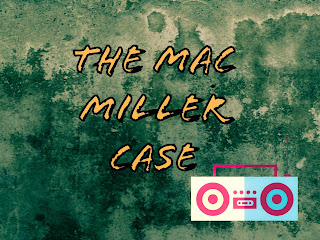Social Change and Deterrence of Law: Power of Perceptions
Members of society have
the ability to create the norms that are mandated throughout an entire
civilization. However, since individuals
make-up the content to which one abides by in a culture, and have the
innateness of freedom of thought, these particularities come into conflict with
the laws and theories of deterrence. For
example, there are various behaviors that are illegal, but there are individuals who
participate in the illegal behavior because it is not considered a deviation
from the norms by them. A simple and
very broad example like this serves as an illustration of how social change,
deterrence, and perceptions make the criminal justice system founded in
ideologies that embrace a general standard to all people within a particular
civilization. There are many problems
that arise because of the obvious contradictions in standards by individuals.
Social change occurs
because of the thoughts and feelings about an undesired theory of
deterrence or biased practice. Examples can be noticed in
drug use and sales and the enforcement on the War on Drugs, other vices that
are illegal that people still engage in, ideologies about tolerance or
intolerance, and for specific styles of living that are either innate or acquired
through an individual’s lifetime. Case
in point, applications of criminal justice suggest that they have the prestige
to determine standards for every person within its grasp regardless if the
person agrees with or does not agree with the standards that are generated by
criminal justice systems. Again, the
contradictions are very apparent. The
aforementioned aspect of social change delivers these contradictions in a
manner that instills an appreciation for both lawfulness and the right to
disagree.
Perceptions are what
guide the criminal justice systems in contemporary times but, again, the
perceptions that the criminal justice systems expound impose general standards
on individuals with contradictory beliefs.
So, how do criminal justice systems deal with these conflictions about
individual freedoms and general deterrence?
The answer is that the systems usually do not deal with individual freedoms
of thought or personal standards; it deals with the perceptions that the
codified rules and procedural laws tell law enforcement professionals to
enforce. If a law enforcement
professional agrees with an action that is considered to be illegal they still
have an obligation to enforce the law because of the general standards that the
criminal justice system has established.
General standards by the criminal justice systems are created by
individuals, but the individuality that is within society and the minds of
people is eliminated because legal codes tell every person what is right
and wrong. There will never be a
complete free society because of this and, in many cases, this philosophy of
law is required to deter unwanted activities.
The power of perceptions is rooted in individuals and has general
applications.


Comments
Post a Comment